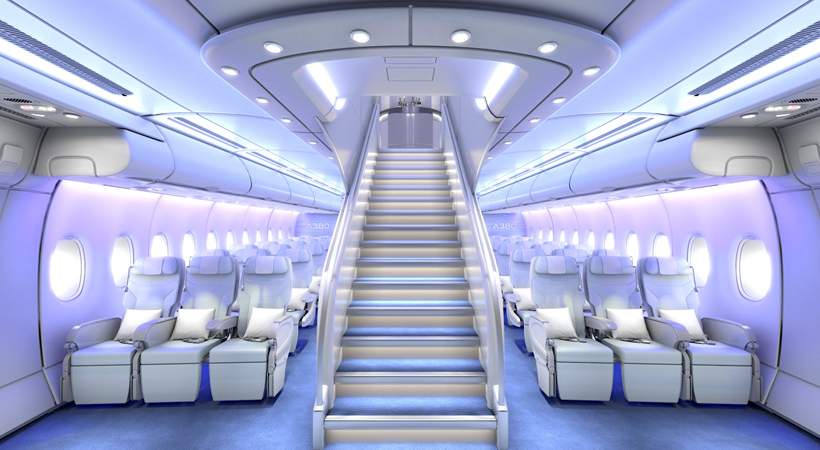Fly an empty A380 to nowhere, keep trainee pilots certified

Airlines are taking extreme measures to survive the pandemic, with Asiana Airlines Inc. flying the world’s biggest commercial plane more than 20 times, going nowhere and carrying no passengers, just to keep trainee pilots certified, Bloomberg has said.
Keeping crew flight-ready is one of the challenges carriers face as they grapple with the unprecedented crisis that keeps more than a third of the world’s fleet grounded.
The empty Airbus SE A380 flew over South Korea for a few hours a day for three days in May to enable pilots of the 495-seat superjumbo to practice taking off and landing. The alternative — a trip to Thailand to use a simulator owned by Thai Airways International Pcl — was blocked because of travel bans, an Asiana spokesman said.
“Takeoffs and landings of this plane cost a lot of money, and it’s money that needs to be used wisely, especially these days,” said Um Kyung-a, an analyst at Shinyoung Securities Co. in Seoul. “Asiana is in a bind because it also can’t afford for its pilots to lose their licenses.”
Asiana had another 135 pilots who didn’t have enough flying time on its six A380s, but it couldn’t afford to keep flying the empty jet. In the end, the country’s transport ministry extended the pilots’ flying credentials as a special exemption, says the Bloomberg report. Japan’s All Nippon Airways, which operates two A380s, received a similar extension from Japan’s aviation authority.
Most of the big A380 operators, like Asiana’s rival Korean Air Lines Co., have their own simulators.
The International Civil Aviation Organization has provided guidelines to state members on how to help pilots keep up their skills. Normally, pilots must have taken off and landed an aircraft at least three times within the previous 90 days to keep their license.
The problem is acute for the biggest jets, which were designed for an age of mass travel. But Boeing Co.’s 747 has more simulators and is used by many airlines, including Korean Air, for cargo flights, allowing carriers to rotate crews to keep them certified, says the Bloomberg report.
The International Air Transport Association said international air traffic may not return to pre-Covid levels until 2024.
One of the few that’s still flying the A380 is Emirates Airlines, which has the world’s biggest fleet of the superjumbos. The airline restarted A380 flights on July 15 to London Heathrow and Paris as Dubai eased travel restrictions, says Bloomberg in its report.
Deutsche Lufthansa AG said last month its A380 jets will be mothballed for at least two years and may never return to service. Even before the virus, weak demand for the giant plane caused Airbus to announce it would stop making the A380 next year.
“It’s like you’re basically stuck with a 1990 car that’s running on diesel,” said Shukor Yusof, founder of aviation consulting firm Endau Analytics in Malaysia. “We’re going to see more heading to the scrapyard.”



